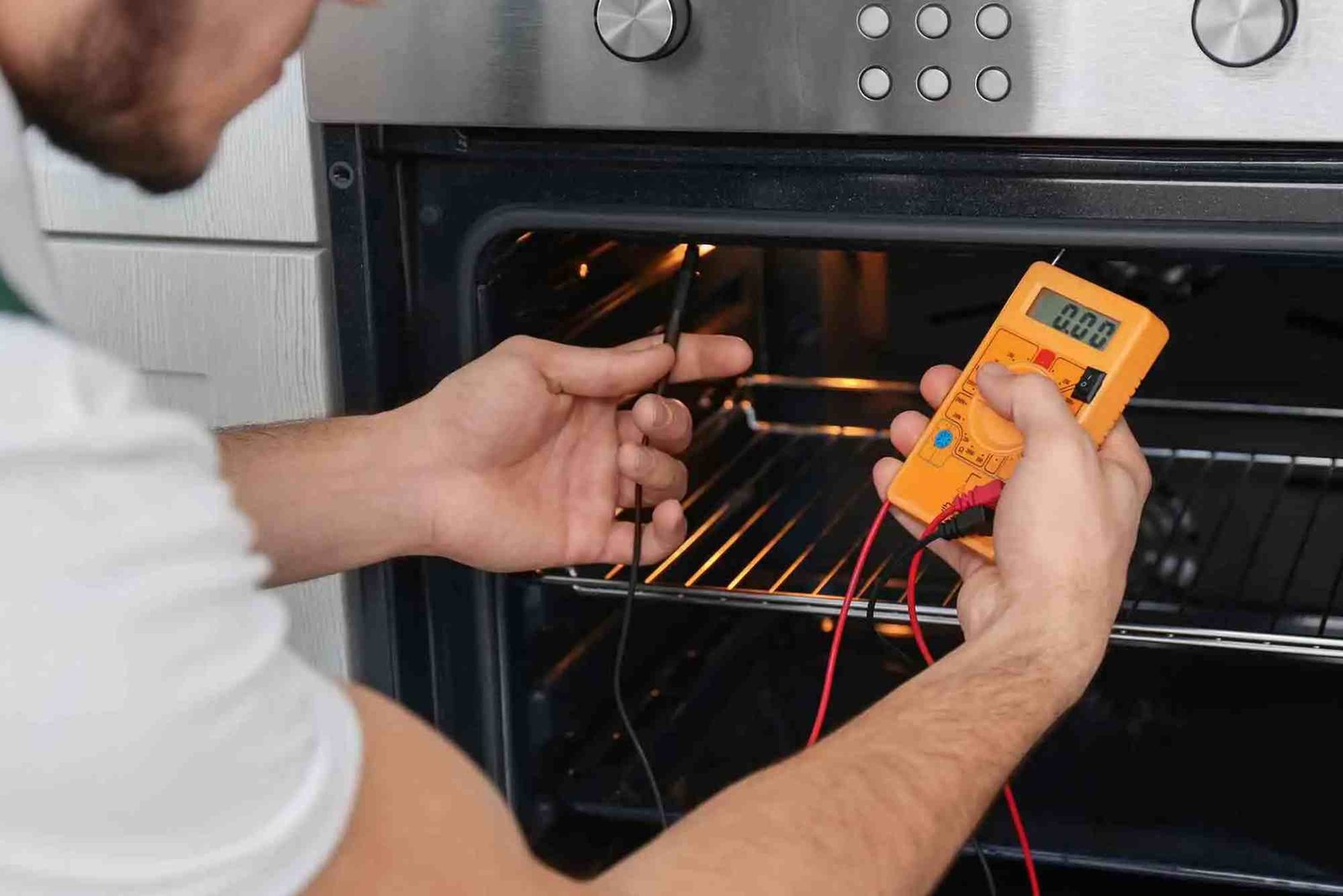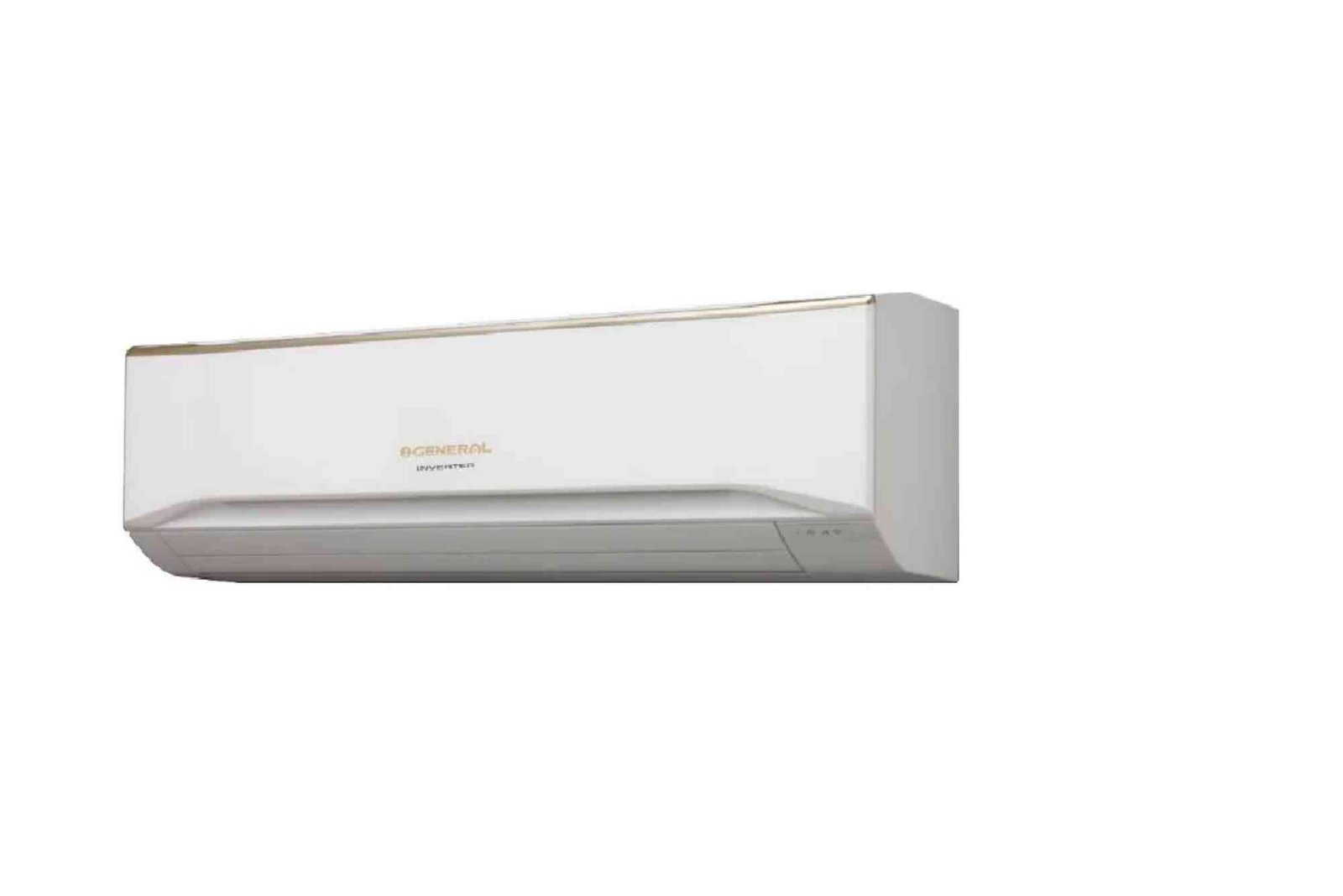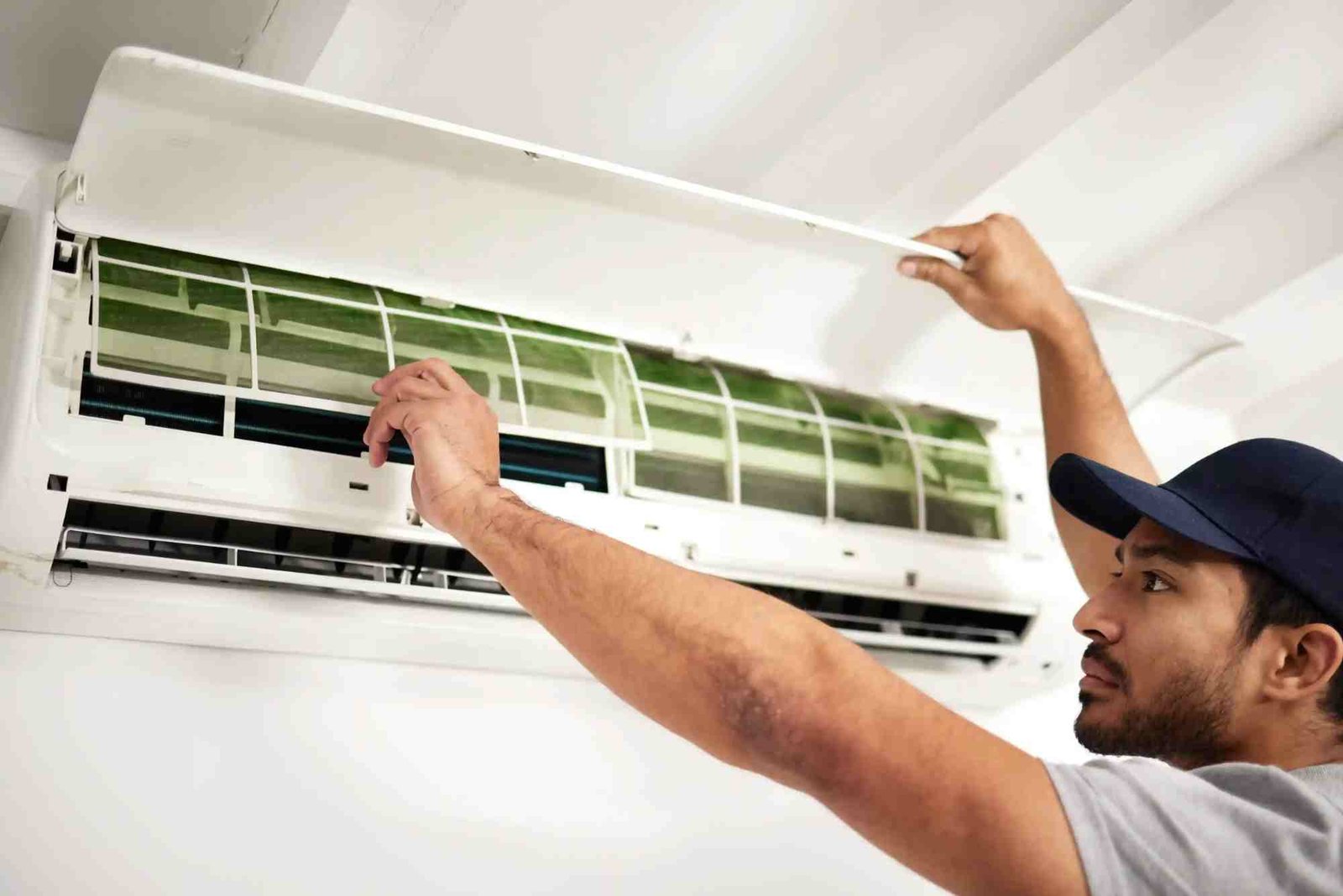Introduction
If your oven keeps tripping the fuse every time it heats up, it’s not just frustrating—it’s a sign that something is wrong. Understanding why ovens trip fuses when heating can save you time, money, and even prevent electrical hazards. In this detailed guide, we’ll explore practical reasons, solutions, and expert tips to help you diagnose and fix the problem safely.
Understanding Why Ovens Trip Fuses When Heating
Before diving into the causes, it’s important to understand how an oven’s electrical system works. Ovens rely on high-powered heating elements that draw significant current. When a fault occurs—such as a damaged wire or faulty component—the fuse trips to protect your home’s electrical circuit.
This safety mechanism prevents overheating, fires, and appliance damage. But when it happens repeatedly, it signals that something inside the oven or the electrical system needs attention.
Common Reasons Why Ovens Trip Fuses When Heating
Faulty Heating Element
The most common reason an oven trips a fuse during heating is a faulty heating element. Over time, the element can deteriorate, crack, or short-circuit. When it’s powered on, the damaged area may touch the oven’s metal casing, causing an electrical fault and triggering the fuse.
You can test this by visually inspecting the element for burn marks or bulges. If it’s damaged, replacing it usually resolves the problem.
Moisture Inside the Oven
Moisture can be another culprit. During cleaning or when cooking foods with high water content, steam can enter electrical connections. When the oven heats up again, the trapped moisture may cause short circuits, leading to fuse trips.
To fix this, let your oven dry completely before use. If the problem persists, check the wiring for corrosion or water damage.
Damaged Wiring or Loose Connections
Internal wiring can wear out due to heat and vibration. Loose or frayed wires can lead to intermittent short circuits, especially when the oven expands during heating.
Professional inspection is recommended here. A qualified electrician can identify burnt or disconnected wires and replace them safely.
Faulty Thermostat or Temperature Sensor
The thermostat regulates the oven’s heat. If it malfunctions, it may cause overheating and excessive current draw. Similarly, a faulty temperature sensor may send incorrect readings to the control board, causing electrical stress and tripping the fuse.
Replacing these parts can prevent further damage and ensure accurate temperature control.
Overloaded Circuit
Sometimes, the problem isn’t in the oven at all—it’s in the circuit. If the oven shares a circuit with other high-powered devices like a dishwasher or microwave, the total load can exceed the breaker’s capacity.
To solve this, move the oven to a dedicated circuit or avoid running multiple heavy appliances simultaneously.
Shorted Power Cord or Plug
A worn or damaged power cord can easily cause fuse tripping. This is often overlooked but can be dangerous. If you notice burning smells or visible damage near the plug, stop using the oven immediately and replace the cord.
How to Prevent Ovens from Tripping Fuses
Regular Maintenance
Routine cleaning and maintenance go a long way. Dust, grease, and food particles can build up around heating elements and wiring, leading to electrical leakage. Keep your oven clean and dry, and inspect it for signs of wear.
Use the Right Power Source
Always ensure your oven is connected to the correct voltage supply. Mismatched voltage or poor grounding can cause electrical surges, tripping the fuse and potentially damaging the appliance.
Avoid DIY Electrical Repairs
While small issues like replacing a plug might be manageable, internal electrical repairs should only be done by professionals. Mishandling live wires or circuit boards can lead to shock or permanent damage.
Install a Residual Current Device (RCD)
An RCD provides an extra layer of safety by cutting off power instantly during faults. If your home doesn’t already have one, consider installing it to prevent future incidents.
When to Call a Professional
If your oven continues to trip the fuse despite checking the common causes, it’s time to call an expert. Persistent tripping may indicate deeper issues such as a faulty control board, insulation failure, or internal component damage.
A certified technician can perform resistance tests, check continuity, and replace defective parts safely. Avoid using the oven until it’s professionally inspected, as continued use could pose electrical or fire risks.
The Importance of Electrical Safety Awareness
Understanding electrical safety is essential for any homeowner. Simple awareness can prevent dangerous situations. Appliances like ovens, washing machines, and heaters all demand proper electrical connections and maintenance.
For a broader perspective on learning essential skills, check out this Related Blog article that explores how learning modern technical skills benefits daily life and safety management.
Expert Advice: Prolonging Your Oven’s Lifespan
Your oven can last for many years with proper care. Here’s how to maintain it effectively:
-
Don’t use harsh cleaning sprays directly on heating elements.
-
Allow the oven to cool before wiping down interior surfaces.
-
Avoid slamming the oven door, as it can damage internal connections.
-
Schedule periodic professional servicing to detect hidden electrical faults.
Consistent upkeep not only prevents fuse trips but also enhances performance and energy efficiency.
FAQs
Why does my oven trip the breaker after a few minutes of heating?
This often happens due to a faulty heating element or moisture buildup. When the oven warms up, the damaged area causes a short circuit, tripping the breaker.
Can a bad thermostat cause my oven to trip the fuse?
Yes. A malfunctioning thermostat can cause the oven to overheat and draw excessive current, leading to a tripped fuse.
Should I reset the fuse myself after it trips?
You can reset it once, but if it keeps tripping, avoid using the oven until it’s checked by a professional. Repeated tripping can indicate serious electrical issues.
Is it dangerous if my oven keeps tripping the fuse?
Yes. Continuous tripping signals a short circuit or insulation fault, which could lead to electrical fires if ignored. Always get it checked.
What’s the difference between a fuse and a circuit breaker?
Both protect your home from overloads, but a fuse melts to break the circuit, while a breaker simply switches off and can be reset.
For more insights on appliance care, visit our Why Ovens Trip Fuses When Heating section, where we cover common home maintenance issues and troubleshooting tips.
When your oven trips a fuse while heating, it’s more than an inconvenience—it’s a safety alert. Whether it’s a faulty heating element, damaged wiring, or moisture buildup, identifying the root cause early prevents costly repairs and hazards.
By maintaining your oven properly and calling professionals when needed, you ensure a safer, longer-lasting appliance.
If you’re passionate about learning more home improvement and electrical safety tips, Learn more from trusted resources that guide you toward smarter living choices.




